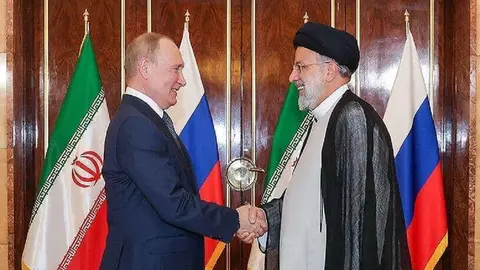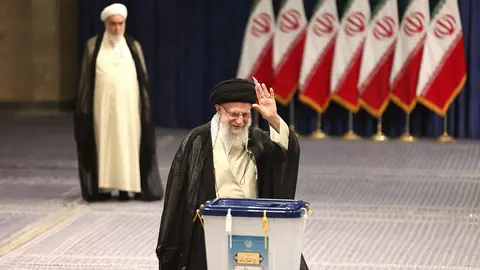Russia's influence in the Middle East wanes
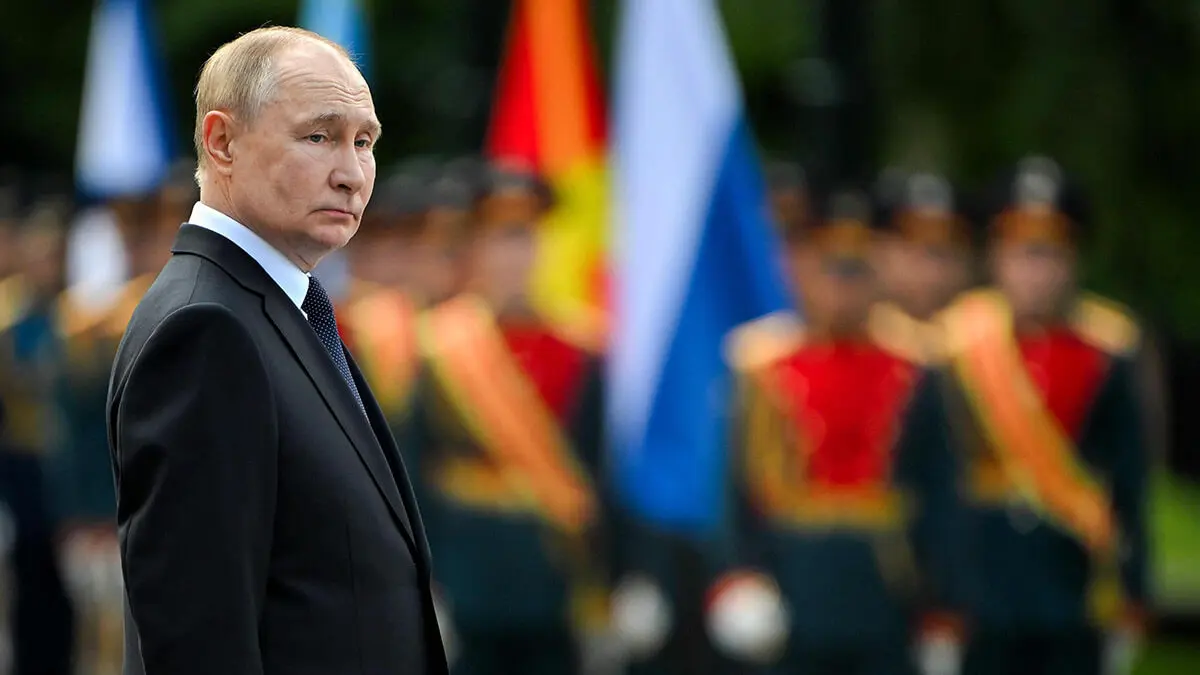
The current war in the Middle East is highlighting Russia's declining influence in the region. This is the main conclusion reached by analyst Pavel K. Baev in a recent report for the think tank The Jamestown Foundation.
Historically, Moscow has been able to exploit crises in the region to its advantage. However, during the current escalation, Baev believes that Russia is failing to establish an effective partnership with those who oppose the positions of its rival, the United States.
In a statement by Deputy Foreign Minister Sergei Ryabkov, the Kremlin has expressed ‘deep concern’ about possible Israeli attacks on Iran's nuclear facilities as part of its response to Tehran's attack on 1 October.
‘Unlike the US, Moscow today has no tools to influence the situation in the Middle East, which is damaging its reputation among world powers,’ says Baev, who believes that Russia's declining international standing is due to the war in Ukraine.
But this was not always the case. Years ago, Syria was an important centre of influence for Russia in the region, but over time Damascus' weak dependence on Moscow and Tehran as key sources of support has been revealed.
In his report, Baev also mentions Moscow's silence following the Israeli attack on Russia's Hmeimim airbase in Latakia on 3 October. ‘Only a few bloggers dared to clarify that the target was an Iranian munitions storage facility, not the Russian base itself,’ he explains.
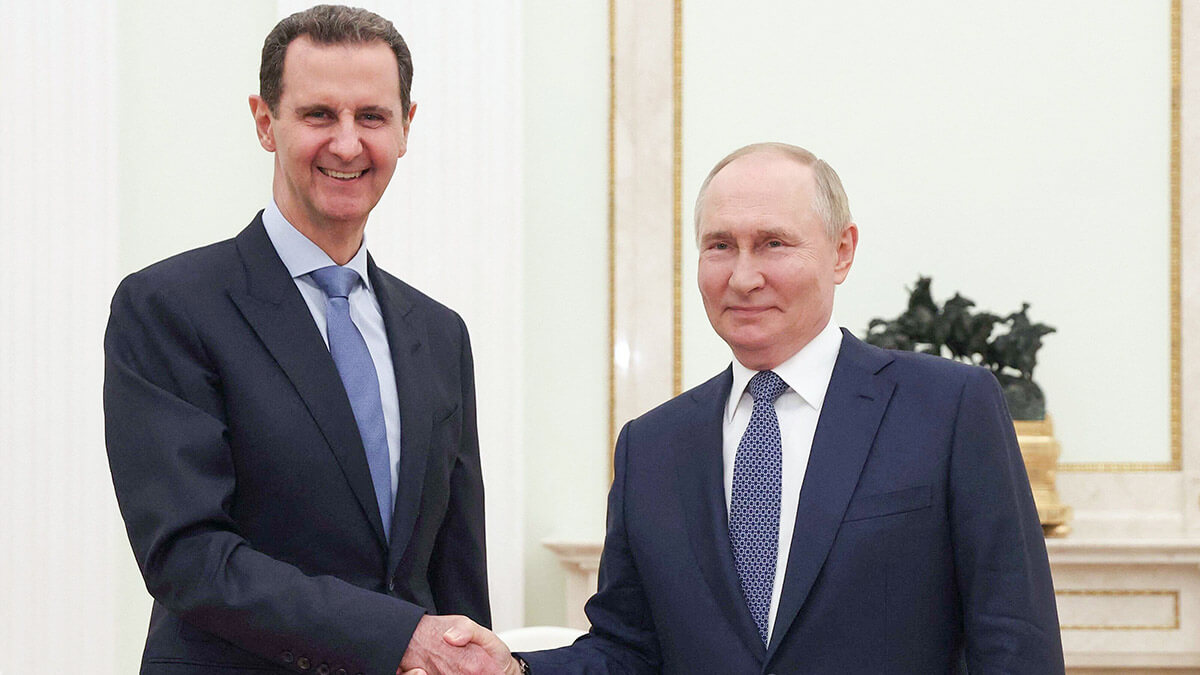
‘Nothing remains of the long-standing ‘special relations’ that brought Russia and Israel together, and Russian President Vladimir Putin no longer communicates with Prime Minister Benjamin Netanyahu,’ Baev adds in his report.
Recently, and in the midst of the war, Russian-Israeli cooperation has been limited to the evacuation of Russian citizens in Lebanon, while Russian state media have criticised Israeli air strikes and the Israeli ground operation against Hezbollah in Lebanon.
These attacks and the defeats of the Lebanese Shia militia also represent a blow to the Kremlin's interests, as Hezbollah helped Russia during its military intervention in Syria. Also in this regard, Israeli troops have found Russian weaponry inside Hezbollah's weapons stockpiles.
Hezbollah stockpiles in southern Lebanon. pic.twitter.com/0o1U9sYm05
— Trey Yingst (@TreyYingst) October 13, 2024
Following the coordinated explosions of Hezbollah members' pagers and walkie-talkies, the head of Russia's Federal Security Service, Alexander Bortnikov, said that this operation poses a 'potential threat to the Russian leadership by destroying vital information infrastructure and organising attacks against government representatives using portable electronic devices'.
This statement reveals Moscow's ongoing concern over the war between Israel and the Islamic Republic of Iran, Russia's main ally in the region.
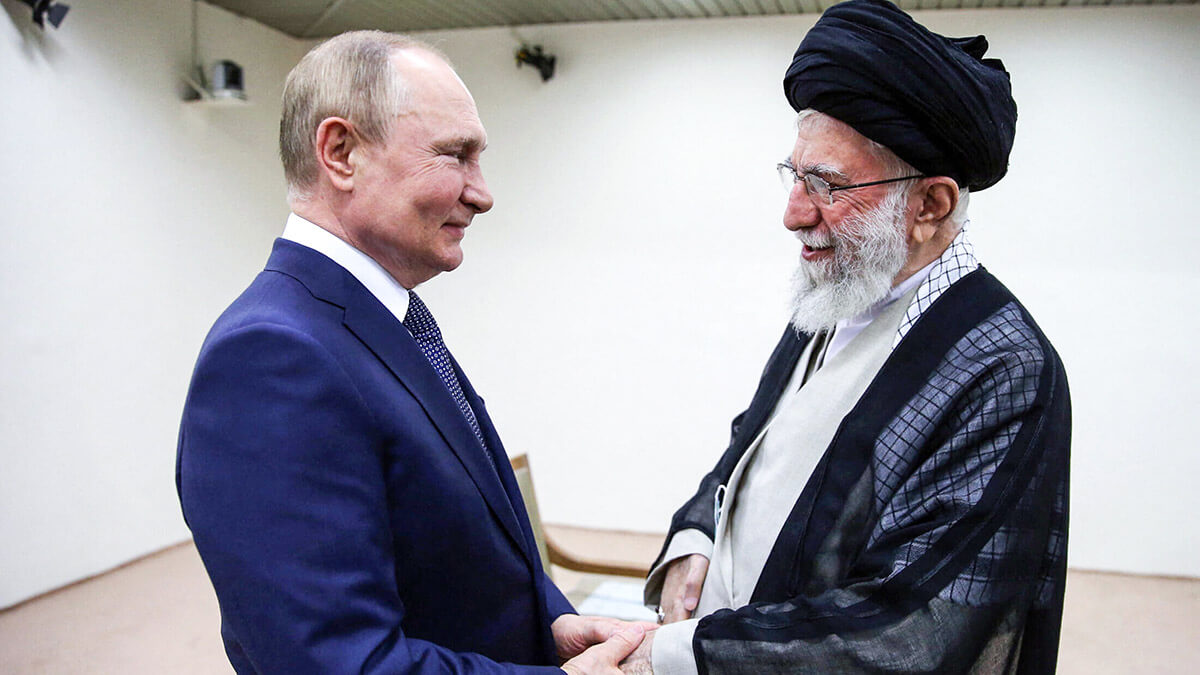
Russian President Vladimir Putin has strengthened these bilateral ties by recently signing a comprehensive strategic partnership treaty with his Iranian counterpart Masoud Pezeshkian.
Tehran has benefited from Russia by providing drones and hundreds of short-range ballistic missiles that Russian troops have used in Ukraine. Moscow is obliged to respond in kind by supplying the Iranian regime with advanced military technologies.
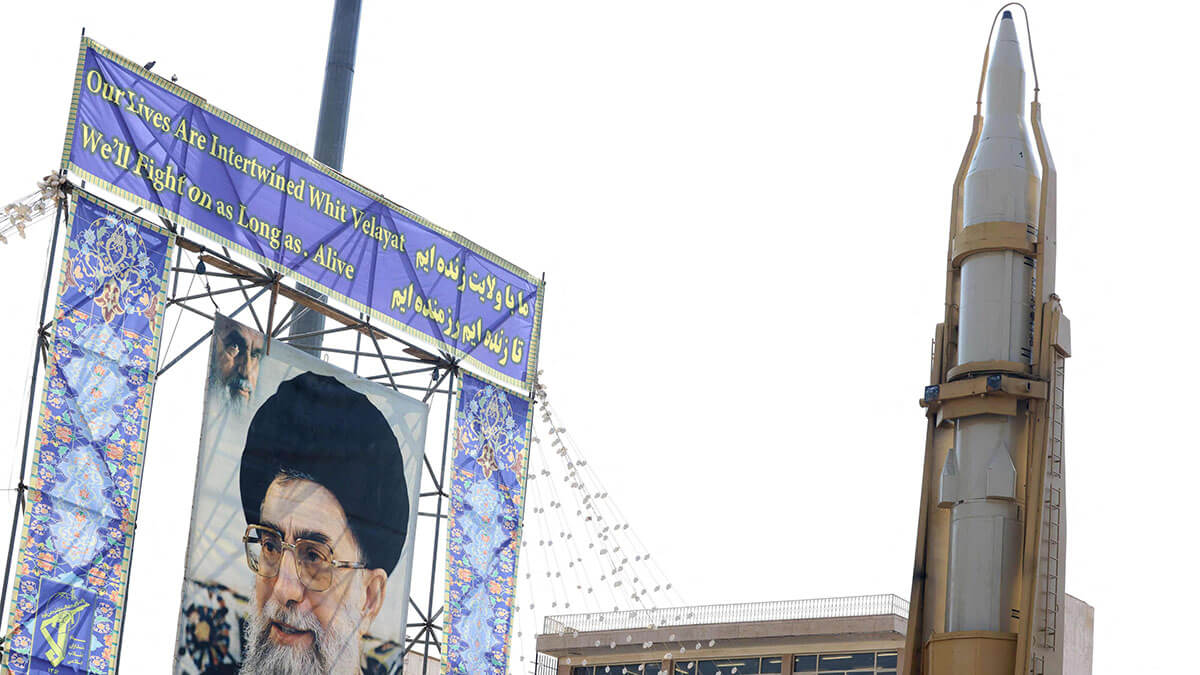
Moscow's interests: oil and Ukraine
On the other hand, as Baev points out, Moscow has in the past exploited hostilities in the Middle East to its advantage in the oil field.
To export its oil, Moscow is resorting to a ‘shadow fleet’ of tankers, which increases market instability and undermines confidence in regulatory authorities. ‘Moscow seems willing to adopt such tactics because it needs every extra oil dollar to reduce its war-focused budget deficit, even at the risk of provoking Saudi Arabia's ire,’ notes Baev.
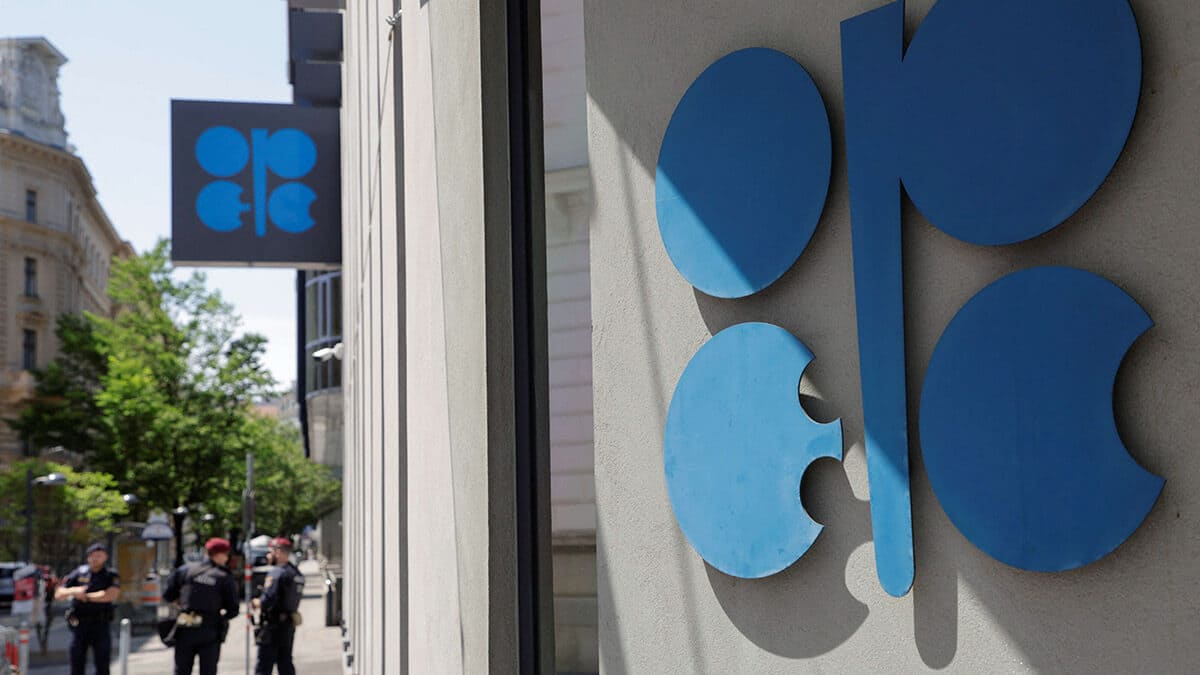
Moscow also wants to take advantage of international attention shifting to the Middle East to continue its offensive on Ukraine, although NATO's new Secretary General Mark Rutte has already made clear in a recent statement that Ukraine remains the alliance's top priority.
US President Joe Biden will also chair a high-level meeting this week to address the situation in Ukraine, including the possibility of allowing Kiev to use Western long-range weapons systems.
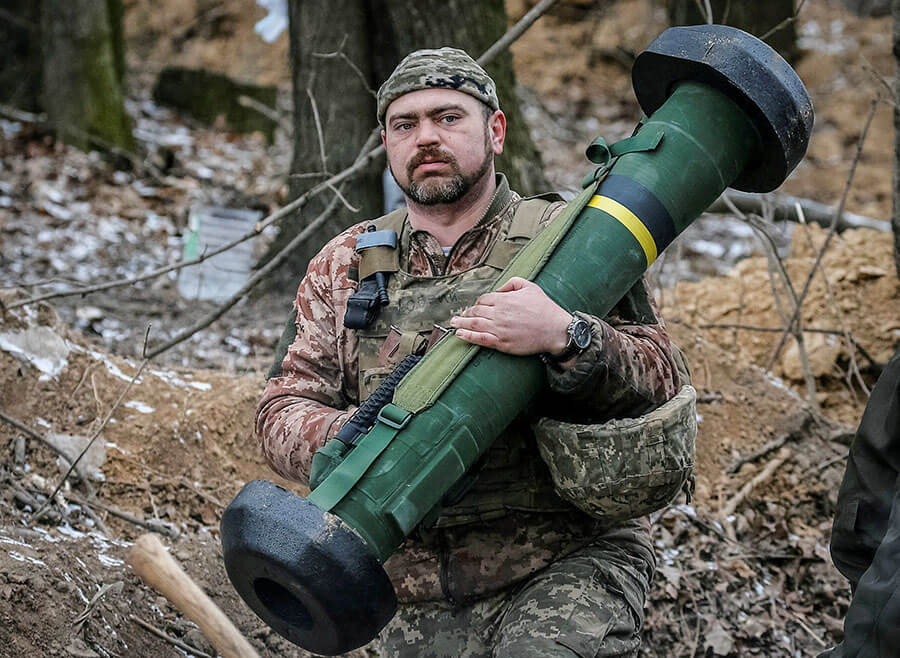
‘Russia invests great effort in presenting itself to many state actors in the Global South as a defender against the Western-dominated world order. But Moscow's willingness to support destabilising groups in the Middle East, such as Hezbollah in Syria and Lebanon, Hamas in Gaza and the West Bank, and the Houthis in Yemen, reveals the opposite,’ Baev notes.
‘Every Israeli attack on the infrastructure of these groups accelerates the erosion of Russia's positions in the region and undermines its ability to win in Ukraine,’ he concludes.

